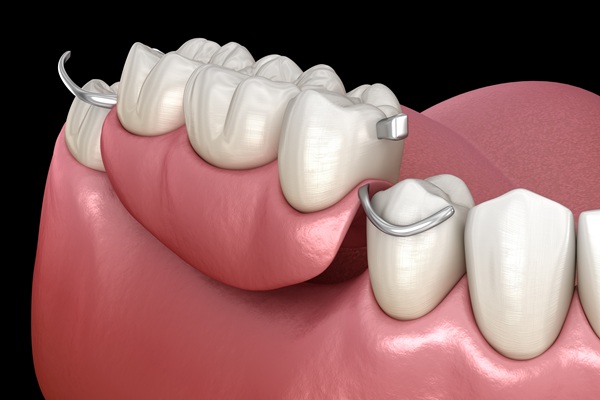Can an Emergency Dentist Treat a Toothache?

Emergency dentists treat a range of oral health concerns, including toothaches. A minor toothache may not be an emergency, but a severe toothache that lingers for an extended period of time or suddenly worsens likely requires immediate dental care to prevent any additional oral health concerns and ensure ideal long-term oral health.
How an emergency dentist can treat a toothache
This review highlights how an emergency dentist can treat a toothache and what signs indicate the need to see an emergency dentist for toothache treatment. This should help you make an informed decision as to whether or not you should call a dentist or if treatment can wait.
Reviewing toothache causes
There is a range of reasons why a toothache might exist. Identifying the cause is often important as it can dictate the most appropriate form of treatment. The most common causes of toothaches include:
- A bacterial tooth infection
- Exposed nerves in the root of the tooth
- Gum recession that exposes the tooth root
- The loss of a dental crown or filling
- A cracked, chipped, or broken tooth
A toothache has varying levels of severity as well, ranging from a minor toothache that does not require immediate attention to the potential loss of a tooth if left untreated for more than a couple of days.
Toothache treatment options from an emergency dentist
An emergency dentist can treat a toothache in a variety of ways, and they choose the best treatment method based on the severity and the cause. Common treatment methods for an exposed tooth root include dental fillings, root canal therapy, antibiotics, and the replacement or application of a dental crown or filling.
Signs that indicate a need for emergency toothache treatment
Patients should seek immediate care for their toothache if the symptoms become intolerable despite at-home remedies or if there is excessive swelling of the surrounding gums that does not go away. The best way to determine if visiting the emergency dentist is necessary is to call them and explain the severity of the toothache and other symptoms.
Preventing a toothache from becoming an emergency
Ideally, patients can seek treatment for their toothache before it turns into a dental emergency. This can be accomplished through regular check-up visits with the dentist, during which they can conduct an oral examination and determine if there are any concerns that could cause toothaches in the future, treating them before they worsen. It is also important to practice good oral hygiene by brushing, flossing, and using mouthwash regularly between visits, along with limiting the consumption of sugar and foods and drinks that may increase the risk of teeth damage.
Call us today to find out if your toothache is a dental emergency
If you are experiencing symptoms of a toothache that are severe or have not gone away for an extended period of time despite home remedies, then call our emergency dentist today. If necessary, you can come into our office to receive prompt and effective care to alleviate your toothache symptoms and restore your oral health.
Are you considering an emergency dentist in the Plano area? Get more information at https://cissdental.com.
Check out what others are saying about our dental services on Yelp: Emergency Dentist in Plano, TX.
Recent Posts
General dentistry refers to all routine procedures and care that is done to help individuals maintain good oral health. One procedure that unfortunately happens to be routine is tooth extraction. Extractions are needed when a general dentist determines that a tooth is too unhealthy to remain in the mouth. Of course, some require extraction due…
General dentistry refers to routine oral health care, whether that be oral hygiene or preventive measures, such as keeping bad breath at bay. Nobody wants to have bad breath, and more often than not, it is easily preventable. General dentists often recommend a few different things, which can go a long way in maintaining a…
Wondering why a general dentist will take X-rays of their patients? According to the American Dental Association, dental X-rays are a useful diagnostic tool for helping a dentist detect damage and disease not visible during a regular dental exam.Considering choosing a general dentist in Plano? Many dental patients look for a local dentist for convenience.…
A dental bridge is often an important tooth-replacement option when one or more teeth are missing in the same area. Gaps in the smile affect chewing, speech, and overall oral health. Over time, missing teeth can also affect jaw alignment and place extra stress on the remaining teeth. Understanding how a bridge works helps patients…


